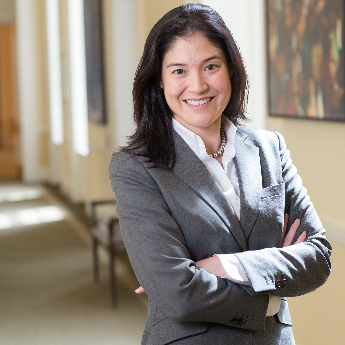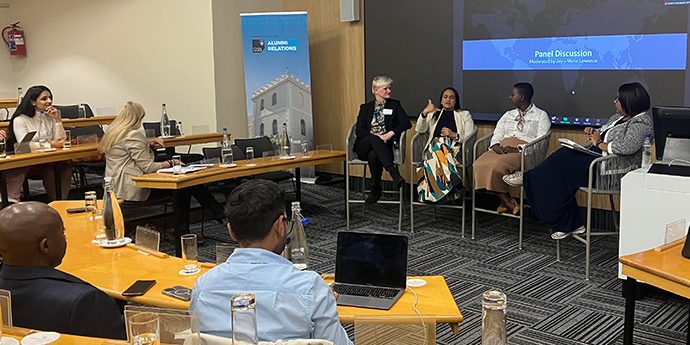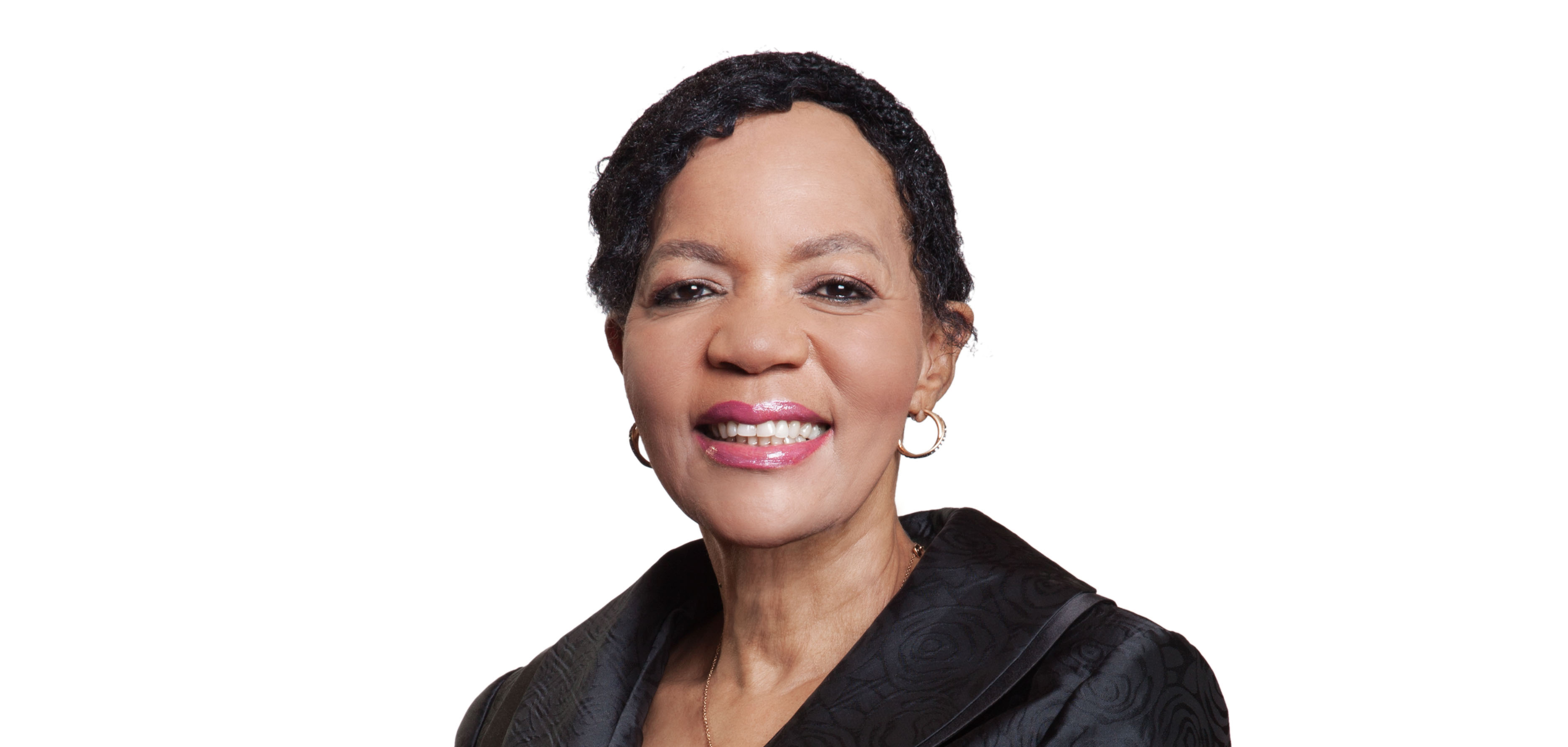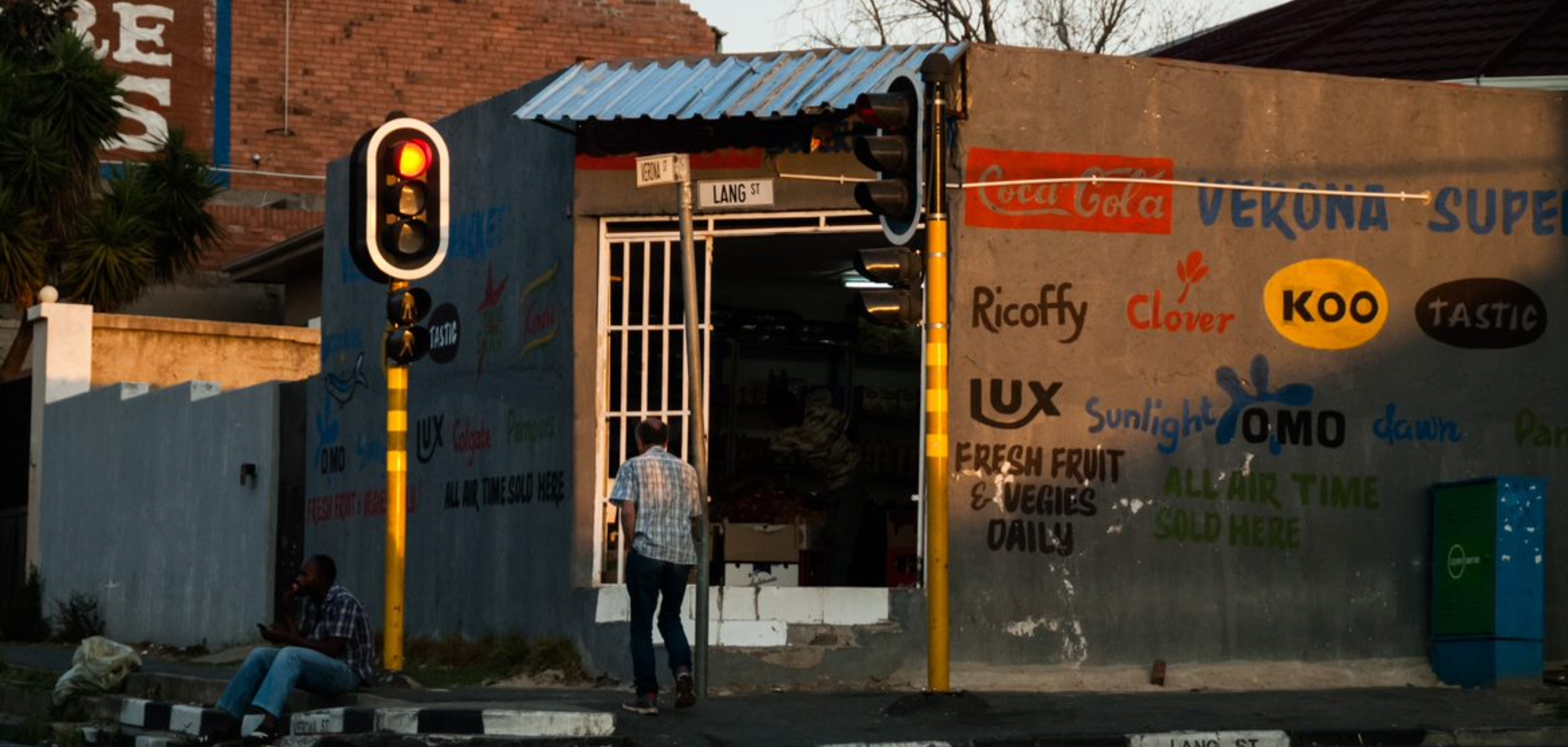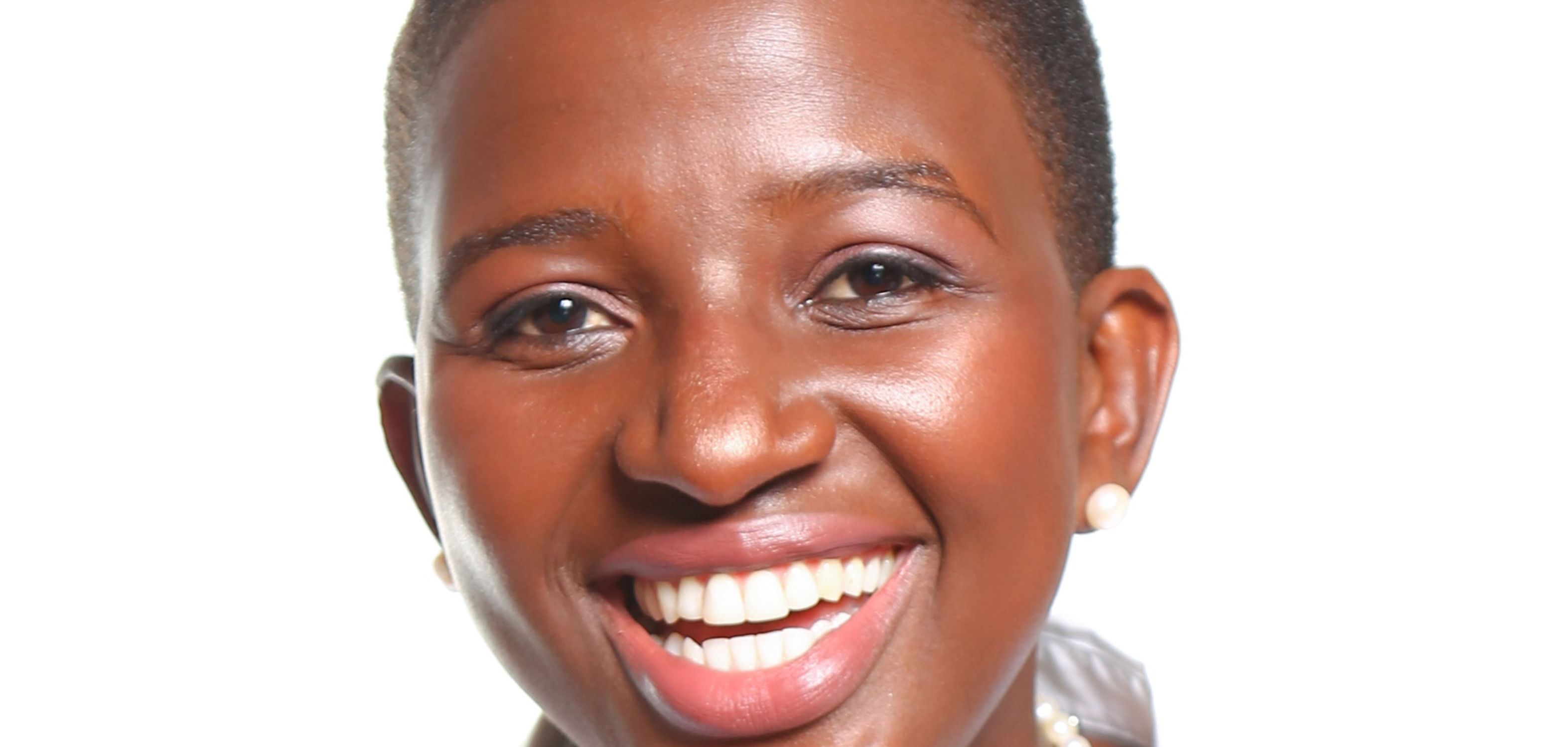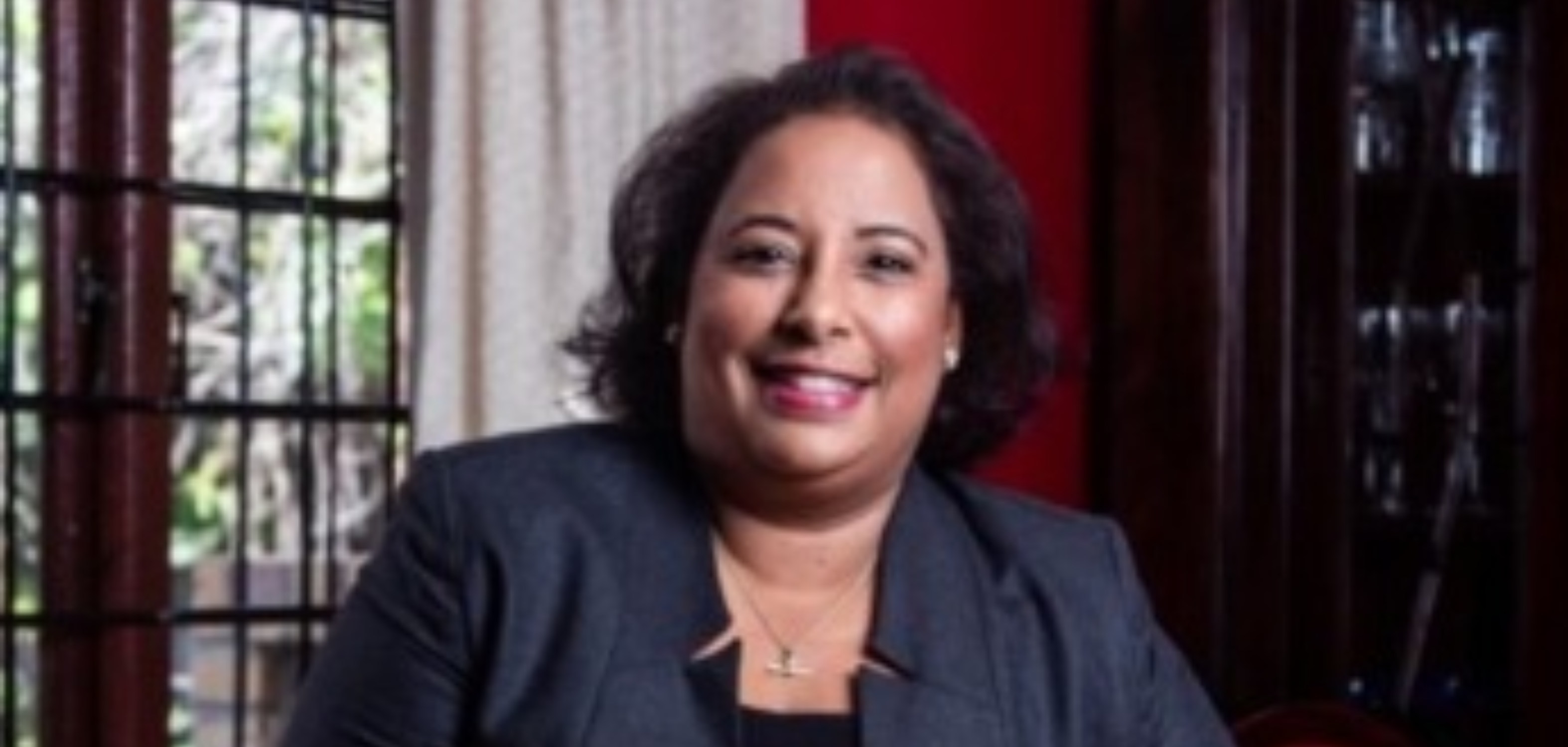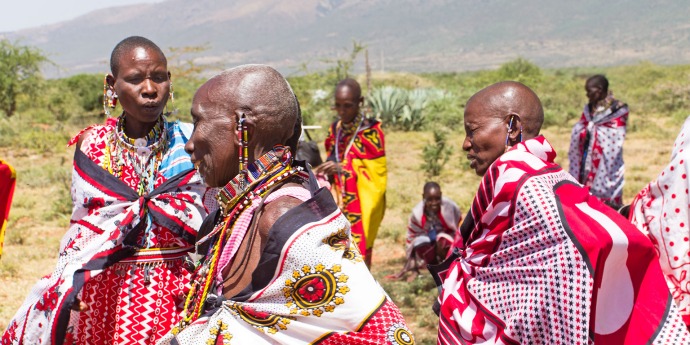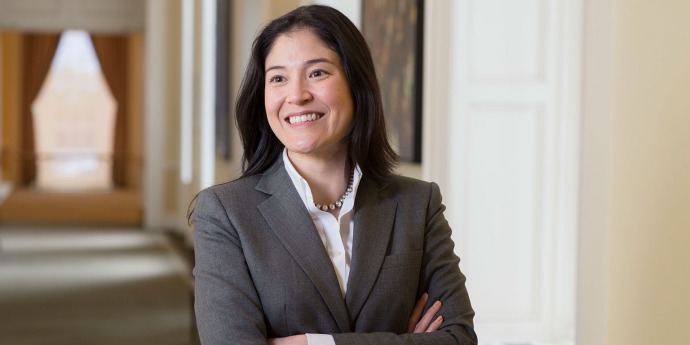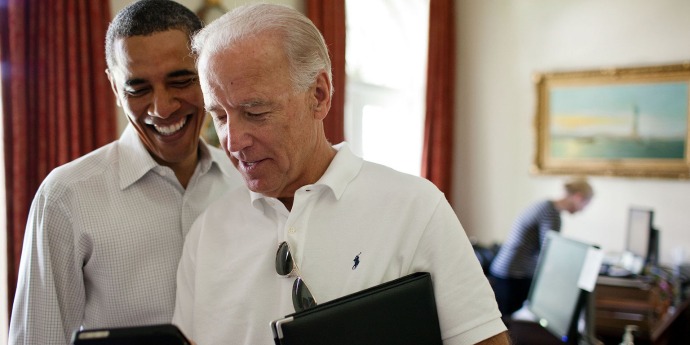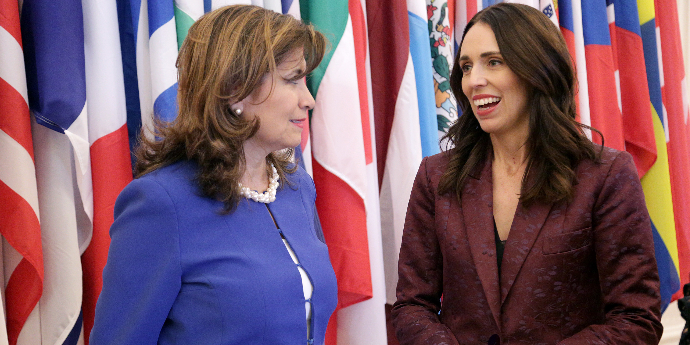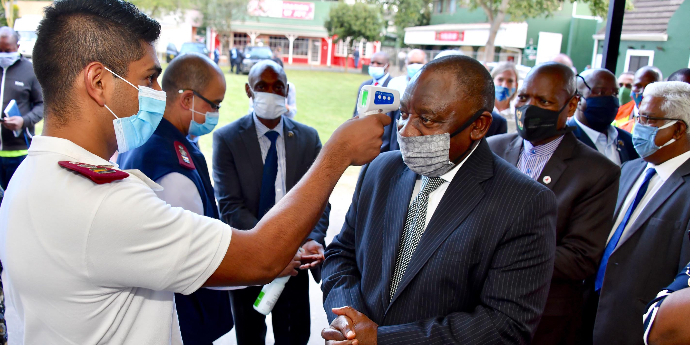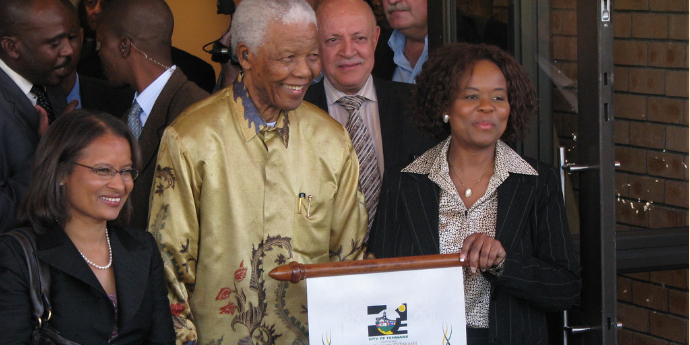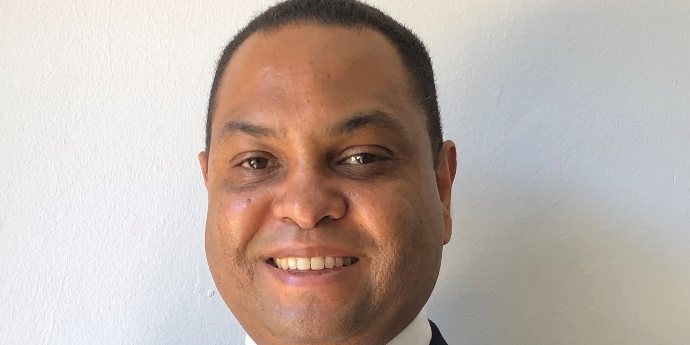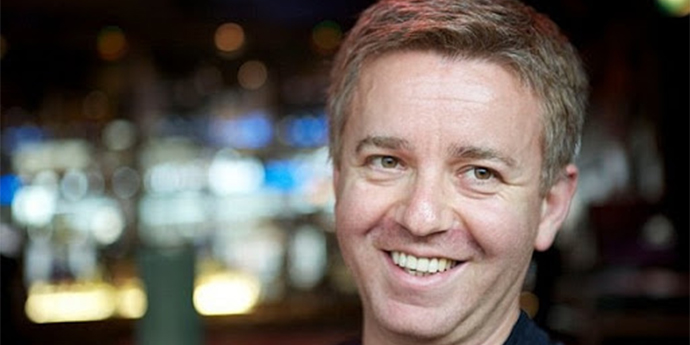The UCT GSB's new director, Dr Catherine Duggan, has often been asked why she wants to work in Africa — and it is a question this award-winning lecturer and former Harvard academic just loves to answer.
Dr Catherine Duggan has always been surrounded by vigorous debates on Africa, even as a child growing up in the United States. For three generations members of her family have worked on the continent, mostly as teachers and doctors. “My parents had friends from all over Africa and they would often come to dinner at our house. I remember everyone arguing, laughing and fiercely engaging with key issues,” she recalls. From an early age she knew that she wanted to find her own way to Africa and be a part of the continent’s story.
Decades later, having worked in more than 20 African countries, she finds herself at the tip of the continent, ready to take over as the director of Africa’s top business school, the University of Cape Town Graduate School of Business (UCT GSB), which is one of just three African business schools to be accredited by the world’s top three management education quality assurance bodies.
Dr Duggan takes the helm at a time when COVID-19 has created unprecedented challenges and as all UCT GSB programmes are being delivered online in accordance with UCT's Emergency Remote Teaching (ERT) protocol. These are complicated times, not only for a business school but for any organisation, yet where some see challenges, she is undaunted.
“Business leaders in Africa are among the most effective I’ve seen anywhere in the world,” she says. “They are flexible and innovative and have an excellent sense of how to approach a new problem — and COVID-19 is no different.”
By extension, she says, the UCT GSB is well positioned, perhaps uniquely so, to lead the world into the post-pandemic era. “Now more than ever, business schools will need to be able to teach people to lead through risk and uncertainty, as well as to manage complex challenges and macroeconomic volatility. They must demonstrate creativity and agility in the face of change and be able to help people reframe and analyse previously unknown problems and communicate their findings in ways that are maximally effective. With its proud history of rigorous research and innovative teaching, the UCT GSB is ready to help business leaders do exactly that.”
That’s why she wants the school to seize the opportunity to lead on the continent and around the world. “We need to be driving global conversations on the most significant challenges facing business — not just about COVID-19, but what comes after that. We can be instrumental in crafting a future that is more inclusive and accessible to all, that supports entrepreneurship, promotes innovation to drive economic development, and brings the private and public domains together to build the kind of future we would like to see for ourselves and our children.”
Dr Duggan herself is well placed to head up the school at this time having, as she does, a career that spans many worlds. A former faculty member at Harvard Business School, where she taught on political economy and leadership for nearly a decade, she has spent the last 20 years working in Africa in a wide variety of countries ranging from the continent’s largest markets, including South Africa and Nigeria, to some of its fastest-growing economies, such as Ethiopia, Senegal, Tanzania, and Ghana; to hubs for investment, such as Mauritius and Rwanda.
For the last four years, she has been the vice dean for strategy and research at the African Leadership University Business School (ALUSB) in Rwanda where she helped to establish that institution as a major presence on the continent.
In Africa, she says that she has consistently found approaches that help her — and the students and executives she teaches — to make sense of otherwise formidable new environments. At ALUSB in particular, she gained distinctive insight into the challenges faced by African universities and how to realise huge potential with limited resources. At the same time, she also understands how the world’s business school behemoths, such as HBS, operate and where they are perhaps lacking. “US business schools have not traditionally spent much time thinking about how to manage political and macroeconomic uncertainty, for example. But this is likely to be a key factor in the global realignment of business education in a post-COVID era,” she says.
She believes that remote learning will be another a key factor in the wake of the pandemic. And one of her explicit ambitions as director of the UCT GSB will be to ensure the school expands its use of technology to enhance the scope, reach, and flexibility of its offerings. One major opportunity here, of course, lies in expanding access to previously excluded constituencies, which ties in with UCT’s 2030 Vision of a university evolving towards holistic, innovative and future-orientated education to redress inequality and build social justice.
Again, Dr Duggan has extensive experience in this regard. Not only has she has designed and rolled out online and blended MBA and executive education programmes at the ALUSB, but she personally has been teaching online classes to students across the continent for the last four years — well before lockdowns closed physical classrooms.
Her personal love of teaching — of communicating actionable insights — shines through these initiatives. While she did her doctorate in political science, she “fell in love” with business education at HBS. “It was a good fit,” she says, describing the energy that comes from interacting with students and helping them take academic theory and apply it in practical ways that demonstrate immediate results for industry. She distinguished herself as a teacher at HBS, which is world-renowned for the quality of its teaching, and was the first woman in the history of that institution to win the prestigious Faculty Award for Outstanding Teaching in the Required Curriculum two years in a row.
Developing and sharing insights that are relevant to business will remain a key priority for her at the UCT GSB, too. “One of the most important things we can do as a business school is to use rigorous scholarly inquiry and holistic approaches to make sense of the world,” she says. “We need to be drawing out the lessons of top-notch research and making these relevant and compelling to people in business, by showing them opportunities, challenges, and risks they would otherwise have missed.”
This brings her back to the question of why her work in Africa, and her role at the UCT GSB, are so exciting to her. “For those of us fortunate enough to work in Africa, we see tremendous and innovative things going on — from the top of the business environment all the way into informal markets — every day,” she says. Through the work of the business school, she is excited at the prospect of creating an “analytical mirror” to help firms, managers and entrepreneurs on the continent understand what they are doing well — and how they can do it better — as well as to share that knowledge more widely.
“In essence, we want to understand business in Africa on African terms, not simply by using frameworks that were created in the US and Europe, which tend to broadly ignore the exciting innovations, tremendous opportunities, and significant challenges that we see on this continent.”
And what is really exciting to her is that the UCT GSB has the convening power and research muscle to make this a reality. “We can be the institution that asks the hardest questions and has the most relevant discussions, that brings research, teaching, cases and students together from across the continent and around the world. We can be the school that drives African scholarship and that leads global scholarship on Africa.
“In the West, so much of the conversation is around how to help Africa. And while there is much Africa can learn from the West, what I am most passionate about is what the rest of the world can learn from Africa.”

